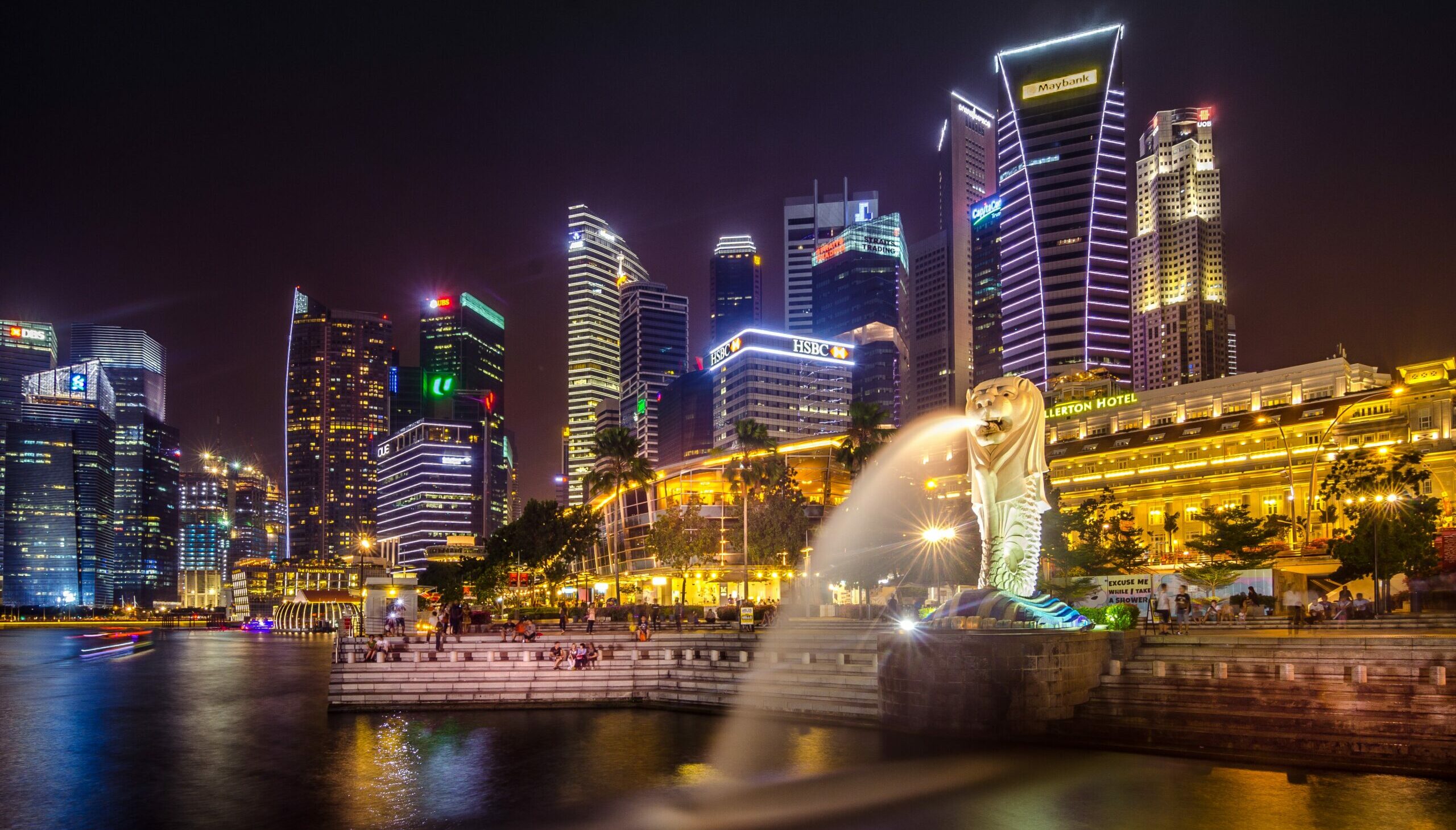
Singapore should anticipate legal challenges over lesbian parenthood in reciprocal IVF
In a recent landmark court case in Hong Kong, a judge sided with a lesbian couple who wanted both women to have parental status over their child born via “Reciprocal IVF” (RIVF). This is an arrangement whereby one woman supplies her eggs to be fertilized by donated sperm in IVF, with the resulting embryo(s) being transferred into her partner’s womb, thereby enabling two women in a lesbian relationship to share in the process of pregnancy and childbearing.
In this case, the Reciprocal IVF procedure was performed overseas, because healthcare regulations in Hong Kong ban unmarried women from undergoing IVF, with same sex marriages not being recognized by the Hong Kong legal system.
The judge, Queeny Au-Yeung, ruled that the Hong Kong government’s non-recognition was a form of discrimination against the lesbian couple’s son. It was declared that the woman who provided her eggs (but did not give birth to the child), whom was initially denied legal status as a parent should be automatically recognized as a “parent at common law”, without the need for any adoption procedure, as this would align her legal status with reality.
It is thus anticipated that a similar court challenge would very soon occur in Singapore, which has a very similar legal system to Hong Kong based on British common law, inherited from the colonial era.
Similar to Hong Kong, Singapore bans single women in lesbian relationships from accessing IVF at local fertility clinics in Singapore, and currently recognizes only the birth mother as a legal parent, while denying parenthood status to her lesbian partner who may be genetically connected to the child by providing her eggs in reciprocal IVF overseas.
As in the case of Hong Kong, there is currently no legal recognition of same-sex couples in Singapore, neither in the form of marriage nor civil partnership. This is unlikely to change in the foreseeable future due to changes in the country’s constitution that protect the definition of marriage as ‘between a man and a woman’, which can only be amended by the Singapore parliament. Therefore, a situation similar to that in the United States, where a legal challenge mounted by an individual through the courts eventually led to the recognition of same-sex marriages, can no longer materialize in Singapore.
Additionally in Singapore, legal obstacles have also been placed to block de facto same-sex couples from jointly adopting children or having them through surrogacy. Section 4 of ‘The Adoption of Children Act 2022’, explicitly states that only couples whose marriages are recognized under Singapore law are allowed to adopt. The Singapore Government has stated several times that it is a matter of public policy that it does not support the formation of same-sex family units in the country.
Instead of arising from the realm of adoption and marriage laws, legal challenges pertaining to lesbian parenthood status in reciprocal IVF done overseas will most likely be based on established legal precedents that emphasize the importance of genetic affinity and blood ties between children and parents, as well as prioritizing the child’s welfare above public policy based on societal norms. After all, Singapore, like Hong Kong, is a common-law jurisdiction that places heavy emphasis on legal precedents in court rulings.
For example, in the court ruling of the IVF sperm mix-up case by Thomson Fertility Centre a couple of years ago, it was explicitly stated that: ‘The ordinary human experience is that parents and children are bound by ties of blood and this fact of biological experience – heredity – carries deep sociocultural significance.’
In another landmark court case, in which the Singapore High Court granted a gay man’s bid to adopt his biological son born via surrogacy, the Chief Justice declared that the need to promote the welfare of the child is paramount, and outweighs public policy against the formation of same-sex family units.
Such legal precedents would thus provide a strong case for lesbian couples in Singapore to challenge local family courts to accord automatic parenthood status to both female partners in Reciprocal IVF arrangements, without the need for adoption procedures, just as in the case of Hong Kong.
If such a legal challenge is successfully mounted within the Singapore family court system, this would most likely open the floodgates for more future legal challenges pertaining to LGBT parenthood. Next on the list would probably be the right to automatic citizenship status for the children of gay fathers born through foreign surrogacy arrangements (surrogacy is banned in Singapore). Currently, only a child born of a lesbian woman is automatically entitled to Singapore citizenship, but not the biological child of a gay man born via foreign surrogacy. Another legal challenge (based on Jus sanguinis, “right of blood”) can thus be mounted on the basis of gender discrimination in assignment of automatic citizenship rights to children of lesbian mothers versus gay fathers.
The pertinent question that arises is whether such anticipated amendments of parenthood laws by individuals mounting legal challenges through Singapore’s court system would in fact represent a subversion of democratic principles. Such actions may not exactly be met with approval by the majority of Singapore’s population whom are religiously affiliated, despite increasing secularization in recent years.
Hence, it would be timely and imperative for relevant Singapore Government departments to anticipate and plan on how they should respond to such court challenges on LGBT parenthood status, in particular the Ministry of Law and the Ministry of Social and Family Development.
Disclaimer: This article represents the views and opinions of Dr Alexis Heng in his own personal capacity, and is not connected to any institutions that he is affiliated with.
